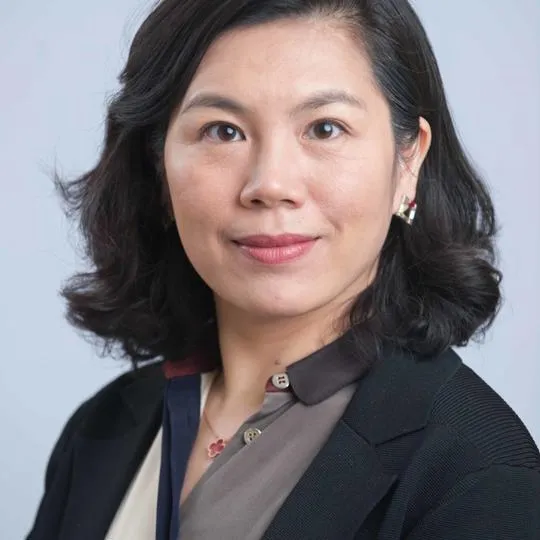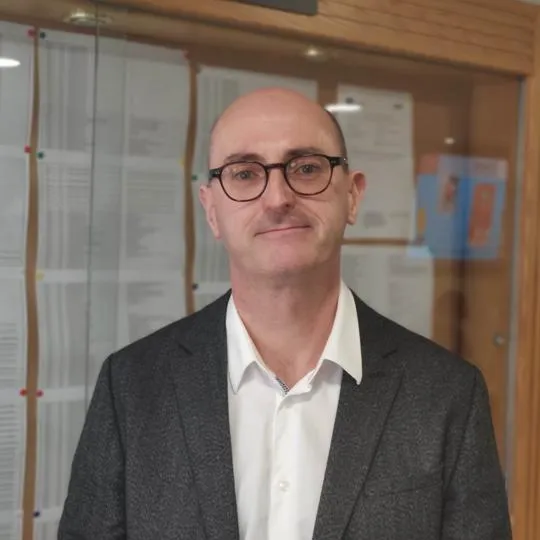Please note: this event has passed
The COVID-19 pandemic has been felt keenly across the world, and the potential detrimental impacts on Global South countries in terms of social and economic, as well as health impacts remain highly concerning. The pandemic is also notable for the way it has brought to the surface the uneven nature of development among different communities and countries. We explore these themes and more through a glimpse into some of the work undertaken by leading scholars in the King's Department of International Development.
We ask: 'What has COVID-19 revealed, and what will it result in?', with a focus on various Global South contexts.
Panelists
Professor Jelke Boesten
Rethinking ‘Home’. As the world was told to retreat behind the closed doors of home so as to stop the virus from spreading in the community, it quickly became clear that ‘home’ is complicated. A rift between wealthy and poorer countries became quickly visible, showing how social distancing is largely a policy of privilege (Al Ali 2020). And then, even amongst those who did have a home to stay in, the immediate rise in domestic violence reports worldwide shows once more that home is not the safe space it is assumed to be. In this intervention I’ll problematise ‘home’ as an idea and reality and the multiple intersecting inequalities it discloses.
Dr Yundan Gong
Globalisation and exports have been key drivers of economic development over the last decades. However, COVID-19 and associated public health policies have led to demand and supply-side shocks, which severely impact the long-running trend of increasing global economic integration. One year into the epidemic, we can now take first stock of the impact. A lot of trade in goods have been very resilient and have recovered quickly (e.g., electronics), but some other in particular service sectors such as travel and education are still severely impacted. The session will give first insights into the impact of COVID on trade in the UK, China and Germany based on their respective industry structure and policy responses.
Dr Juan Grigera
Social unrest: between crisis, covid and social isolation. This presentation attempts to make sense of our 'interesting times' by looking at the patterns of global conflict. While the mounting socioeconomic tensions arising from the short and mid-term crisis sparkled by the Covid-19 pandemic could make us expect a wave of protest, lockdowns and social isolation more broadly might suggest exactly the opposite. We will offer the results of an empirical research on global trends and use the insights on the shifts and emerging patterns to understand the profound dimension of the crisis and its potential repercussions.
Professor Alfredo Saad-Filho
COVID-19: From Crises in Neoliberalism to the Crisis of Neoliberalism. This paper outlines a political economy interpretation of the COVID-19 pandemic, framed around its relationship to the dynamics, contradictions and limitations of global neoliberalism. It argues that the pandemic emerged in a context of growing inequalities and deepening crises in neoliberal economies and their political systems, and that the pandemic is likely to reinforce the exclusionary tendencies in the current phase of capitalism, with detrimental implications for democracy. In turn, the pandemic has revealed the limitations of neoliberalism like never before, with adverse consequences for the legitimacy of capitalism itself, and opening unprecedented spaces for left political activity.
Professor Andy Sumner
Precarity and the pandemic: COVID-19 and global poverty. This presentation/paper makes a set of estimates for the potential impact of the COVID-19 pandemic on poverty incidence, intensity, and severity in developing countries and on the distribution of global poverty. We conclude there could be increases in poverty of a substantial magnitude—up to 400 million new poor living under the $1.90 poverty line, over 500 million new poor living under the poverty lines of $3.20 and $5.50. Further, the global income shortfall below each poverty line could expand by up to 60 per cent; the daily income losses could amount to $350m among those living under $1.90 per day and almost $200 million among the group of people newly pushed into extreme poverty. Finally, we present country-level poverty estimates that show the location of global poverty is likely to shift towards middle-income countries and South Asia and East Asia. Our estimates are indication of the range of potential outcomes. If anything, our estimates show the extent of precarity in developing countries and the fragility of much poverty reduction to any economic shock.
Dr Robyn Klinger-Vidra
Exploring Vietnam’s response to the pandemic. Dr. Klingler-Vidra has focused on Vietnam’s response to Covid-19, with a particular focus on the role of inclusive innovation in limiting the spread and severity of the virus in the country. Since February 2020, she conducted interviews via Skype as part of an ongoing UNDP-commissioned study on inclusive innovation. She and her collaborators have published their insights in The Conversation and Global Policy, and Dr. Klingler-Vidra was interviewed on BBC World. She also launched a podcast, along with Dr Berlin Tran, called “Voices from Vietnam”, which is supported by King’s College London ESRC Impact Acceleration Account funding and strives to bring on-the-ground insights from Vietnam’s experience with Covid-19 to a global audience.”
Chair
Dr Nithya Natarajan






